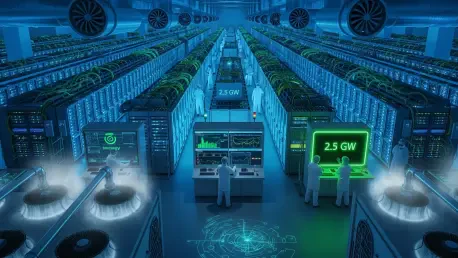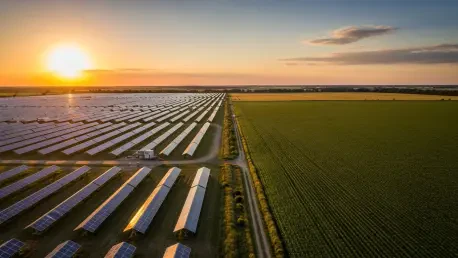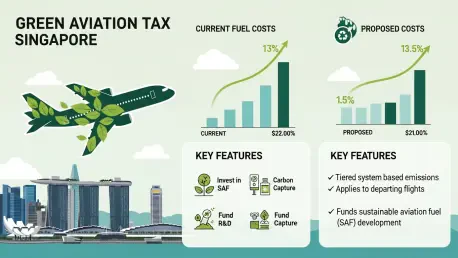
Europe’s energy transition hinged on a simple but formidable challenge: keep power reliable while wind and solar expand faster than traditional grids were built to handle, and do so in a way that lowers emissions, stabilizes costs, and strengthens security of supply under volatile fuel markets.

The rapid expansion of data centers, particularly those fueling the artificial intelligence (AI) revolution, is poised to transform the landscape of energy consumption in unprecedented ways, with forecasts suggesting a dramatic escalation by the end of this decade. Utilities across the United

In the rolling fields of Staffordshire, a quiet but pressing conflict is unfolding between the urgent drive for renewable energy and the fundamental need to protect agricultural land for food production, raising critical questions about balancing national energy goals with ensuring food security

In the heart of Chattanooga, a quiet revolution is unfolding that promises to redefine the city's future and set a national benchmark for technological progress, with EPB, the city-owned utility provider, at the forefront of this transformation. Leveraging advancements in quantum computing, smart

In a world increasingly focused on combating climate change, the aviation industry faces mounting pressure to reduce its carbon footprint, and Singapore has emerged as a trailblazer with a groundbreaking initiative that could set new standards for sustainability. This small but influential nation

Imagine a world where the materials used to build homes not only keep energy bills low but also combat climate change by slashing carbon emissions, creating a future that prioritizes both affordability and environmental responsibility. A groundbreaking innovation from the Hauts-de-France region in